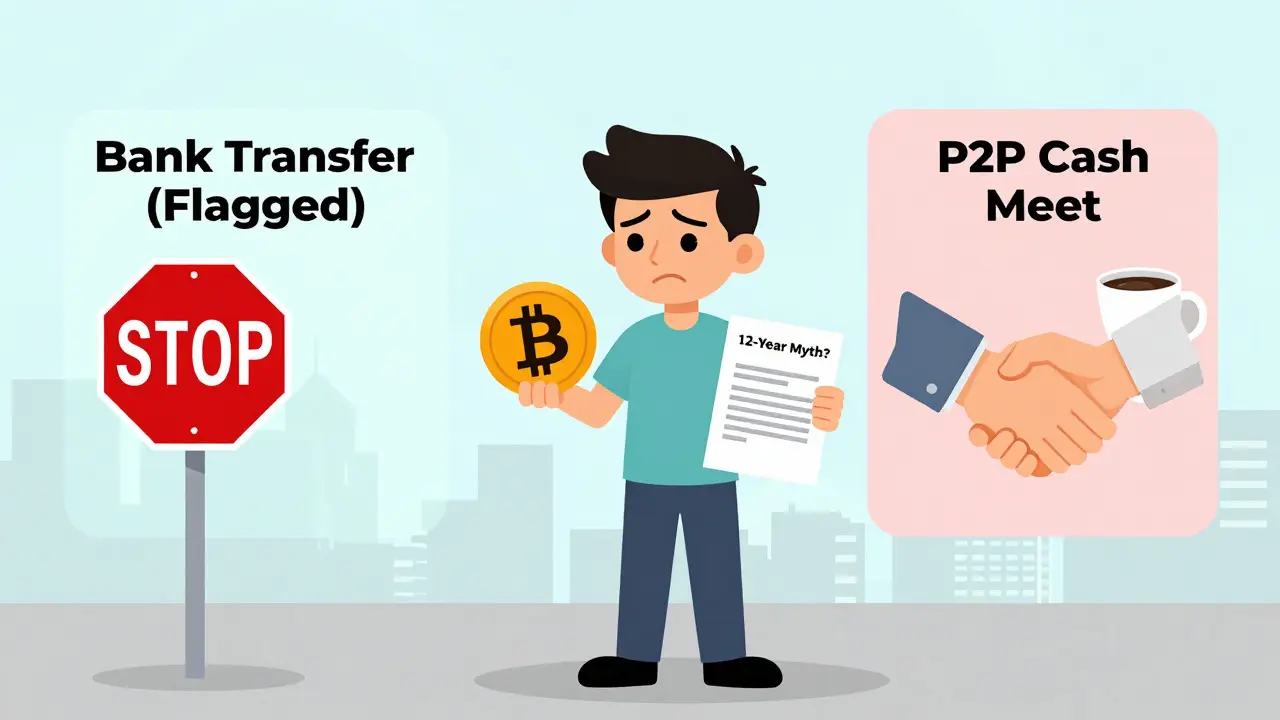Crypto Regulations – Your Guide to Global Rules and Compliance
When navigating Crypto Regulations, the set of laws and policies that govern digital assets in each jurisdiction. Also known as crypto law, they shape how you can buy, sell, and use cryptocurrencies safely.
One of the first pillars you’ll encounter is KYC, customer‑identification procedures that verify who owns a crypto address, often called Know Your Customer. Closely tied to KYC is AML, anti‑money‑laundering rules that prevent illicit funds from moving through crypto networks, sometimes referred to as Anti‑Money Laundering. Together they form the compliance backbone that every exchange, wallet provider, and high‑volume trader must embed into their systems.
Key Pillars of Crypto Regulation
Beyond compliance, Crypto Regulations also set the tax landscape. In many countries, crypto gains fall under capital‑gains tax or are treated as ordinary income, requiring detailed record‑keeping and periodic reporting. Some jurisdictions, like the UAE, even offer a 0% personal income tax on crypto profits, turning them into attractive tax havens. Meanwhile, licensing rules determine which firms can legally operate: a crypto exchange must secure a license, meet capital‑adequacy thresholds, and often install robust AML/KYC tech before it can serve customers.
These entities don’t exist in isolation. Crypto Regulations encompasses tax policy, while tax policy influences where businesses choose to set up shop. Licensing requirements demand compliance with KYC and AML, and both KYC and AML frameworks are shaped by broader international standards, such as the FATF Travel Rule. In other words, a change in one area—say, a new AML directive—can ripple through licensing costs and tax reporting obligations.
Recent headlines illustrate how fast the space moves. El Salvador’s Bitcoin legal‑tender law sparked a wave of policy debates, while China’s outright ban on crypto payments reshaped cross‑border transaction strategies. Countries like Nigeria responded to a ban with a thriving underground P2P market, showing that enforcement gaps can create entirely new ecosystems. Tracking these shifts helps you anticipate compliance hurdles before they become blockers.
For businesses, staying ahead means building a compliance checklist that covers KYC verification steps, AML transaction monitoring, licensing applications, and tax reporting calendars. A solid checklist turns a complex regulatory maze into a series of actionable tasks: collect ID docs, run blockchain analytics on transactions, file the appropriate licensing forms, and log every trade for tax purposes.
Individuals also benefit from understanding the landscape. Knowing whether your country treats crypto as property or currency determines which tax form you’ll fill out. Recognizing that a local exchange must be AML‑registered can guide you to safer platforms. And being aware of licensing requirements can help you spot fraudulent services that claim to be ‘licensed’ without proper authority.
In practice, the interplay between these entities looks like this: you sign up for an exchange, the platform runs KYC checks, then applies AML filters to each transaction, while the exchange holds a legal license that mandates regular reporting to tax authorities. This chain ensures that every step complies with the broader Crypto Regulations framework.
Our collection below dives deep into each of these topics. You’ll find country‑specific guides—like how the UAE eliminates crypto taxes, or how the UK treats crypto gains for capital‑gains tax—plus analyses of global KYC/AML trends, licensing procedures in Turkey, and the impact of bans in China and Nigeria. Whether you’re a trader, a startup founder, or just curious about how rules shape the crypto world, the articles ahead give you practical steps and real‑world examples.
Ready to see how these rules play out across the globe? Browse the posts below to get detailed, up‑to‑date insights that will help you stay compliant, save money, and make smarter crypto decisions.











